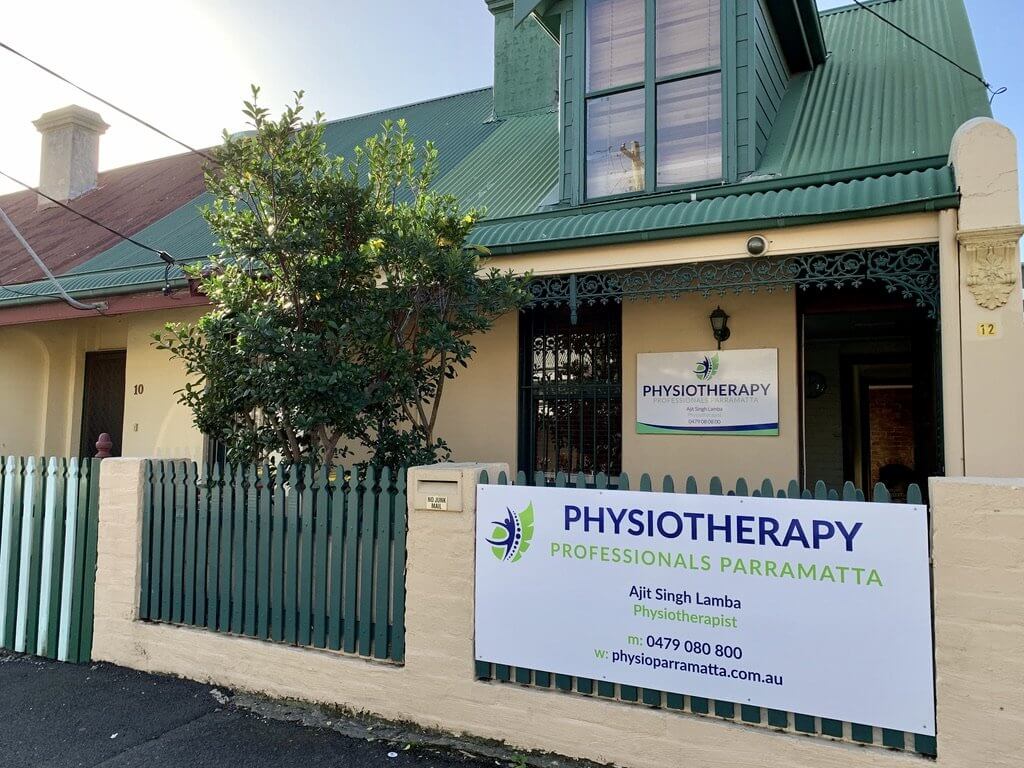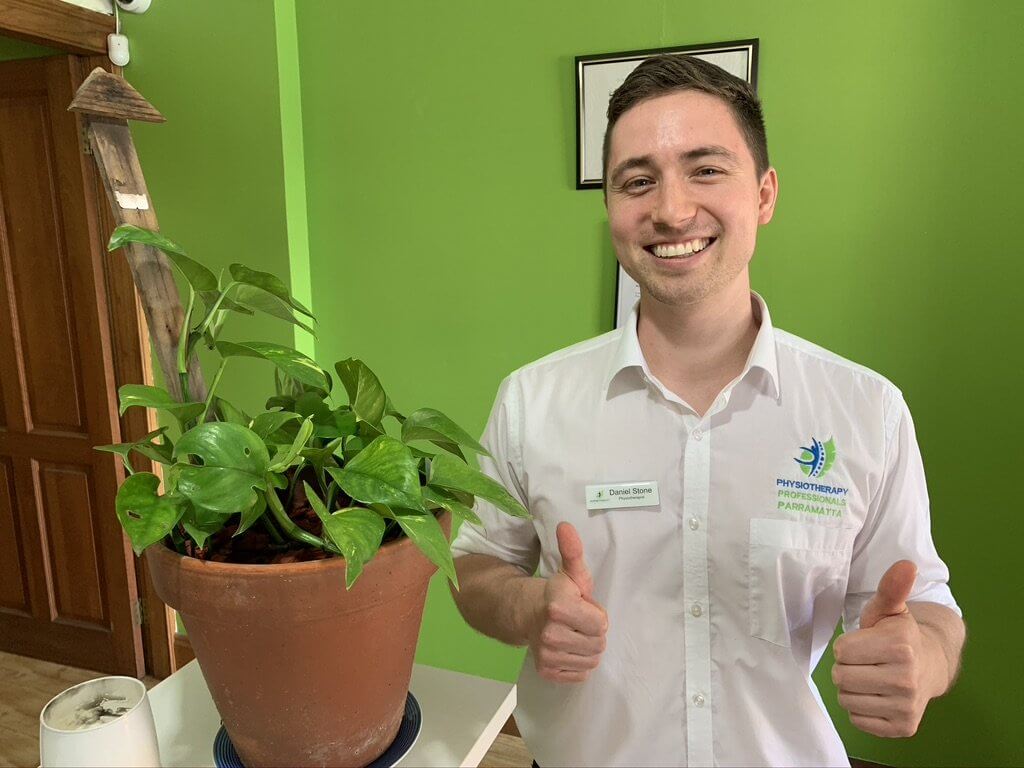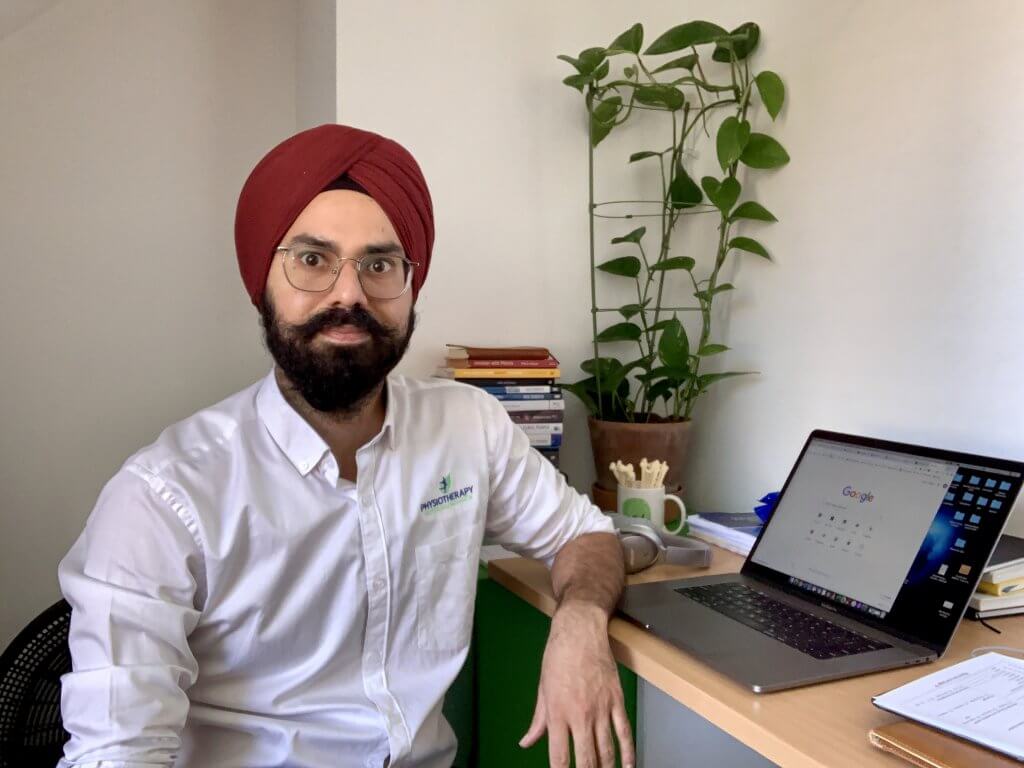Rotator Cuff Tear Treatment

Rotator Cuff Tear Treatment
The treatment and management of rotator cuff tears can either be conservative or can involve in surgery depending on your symptoms. Ofcourse you should try conservative treatment before opting for the surgical route. Did you know that degenerative rotator cuff tears are common in those over the age of 40, so much so that they are considered a normal part of ageing. Approximately 20% of the population have rotator cuff tears that don’t require rotator cuff tear treatment as they have no symptoms.
Note: This page contains general information on rotator cuff tear treatment in Parramatta. Book an appointment with Physiotherapy Professionals Parramatta for more specific information about your shoulder injury and the optimal rotator cuff tear treatment for you.
What is a Rotator Cuff Tear?
To understand a rotator cuff tear, you must first understand the anatomy and function of the rotator cuff muscles and tendons.
The rotator cuff muscles are a group of four individual muscles that originate on the shoulder blade and attach to the upper arm bone. The rotator cuff muscles are:
- Supraspinatus – originates from the top of the shoulder blade and runs over the top of the ball and socket joint of the shoulder
- Subscapularis – originates from the front of the shoulder blade and runs across the front of the ball and socket joint of the shoulder
- Infraspinatus and Teres Minor – originate from the back of the shoulder blade and run across the back of the ball and socket joint of the shoulder
The rotator cuff muscles are distinct and separate muscles, as you will see in most textbooks and anatomy models. However, as they approach the arm they blend into a continuous ‘blanket like’ rotator cuff tendon that wraps around the ball and socket joint of the shoulder. This allows the muscles to function as a unit and provide valuable assistance for each other in the case of a small rotator cuff tear. The rotator cuff muscles have two roles; to rotate the upper arm and to stabilize the ball in the socket when the arm is moved. The term rotator cuff tear actually refers to a torn rotator cuff tendon rather than a tear in the muscle. Rotator cuff tears are graded as a partial thickness rotator cuff tear or a full thickness rotator cuff tear. A supraspinatus tear is the most common rotator cuff tear followed by infraspinatus tears and subscapularis tears.
What causes a Rotator Cuff Tear?
Trauma:
- A fall on an outstretched arm can cause a rotator cuff tear, especially in those over the age of 40.
- Unexpected or excessive force applied to the shoulder such as weight lifting.
- Sudden traction or pulling on the arm. For example, taking the weight of a heavy piece of furniture when the person assisting you lets go.
Non-Traumatic Rotator Cuff Tears:
- Ageing
- Lack of use (De-conditioning) can lead to degenerative rotator cuff tendinopathy and eventually rotator cuff tears.
- A degenerative rotator cuff tendon is more likely to tear when subjected to excessive force or trauma.
Common Symptoms:
- Shoulder pain and weakness when the arm is elevated, especially under load such as reaching up to place something heavy in an overhead cabinet.
- There is commonly pain when lying on the affected shoulder at night.
- There is typically minimal pain at rest unless the rotator cuff tear is acute.
- It is possible to have clicking or crunching when the arm is elevated.
Treatment:
Physiotherapy Treatment for Rotator Cuff Tears
- Soft tissue release, dry needling and other manual therapy for rotator cuff tear pain relief
- Advice and education on modifying activities to reduce stress on the torn rotator cuff tendon
- Very specific and graduated rotator cuff strengthening exercises
- Surgery
Exercises:
- Mobility exercises of the neck, shoulder blade, elbow and wrist whilst wearing a sling
- Pain relieving shoulder exercises
- Graduated mobility exercises for the shoulder
- Graduated strengthening exercises for the shoulder
This is general advice on rotator cuff tear treatment that may benefit you. It is important to recognise that no two rotator cuff tears are equal. Rotator cuff tear management that worked for a friend may not work for you.
Contact Us:
Do you need assistance with your injury? Experienced Physiotherapists with essential knowledge. You can call us anytime to have a confidential discussion with our expert Physiotherapists. For more information on how we can further assist you, please call our clinic number on 0479 080 800 or send us an email on [email protected] for further details. Our Physiotherapists are Medicare, NDIS, DVA and Work Cover approved, specialising in injury management and rehabilitation to get you back on track.


